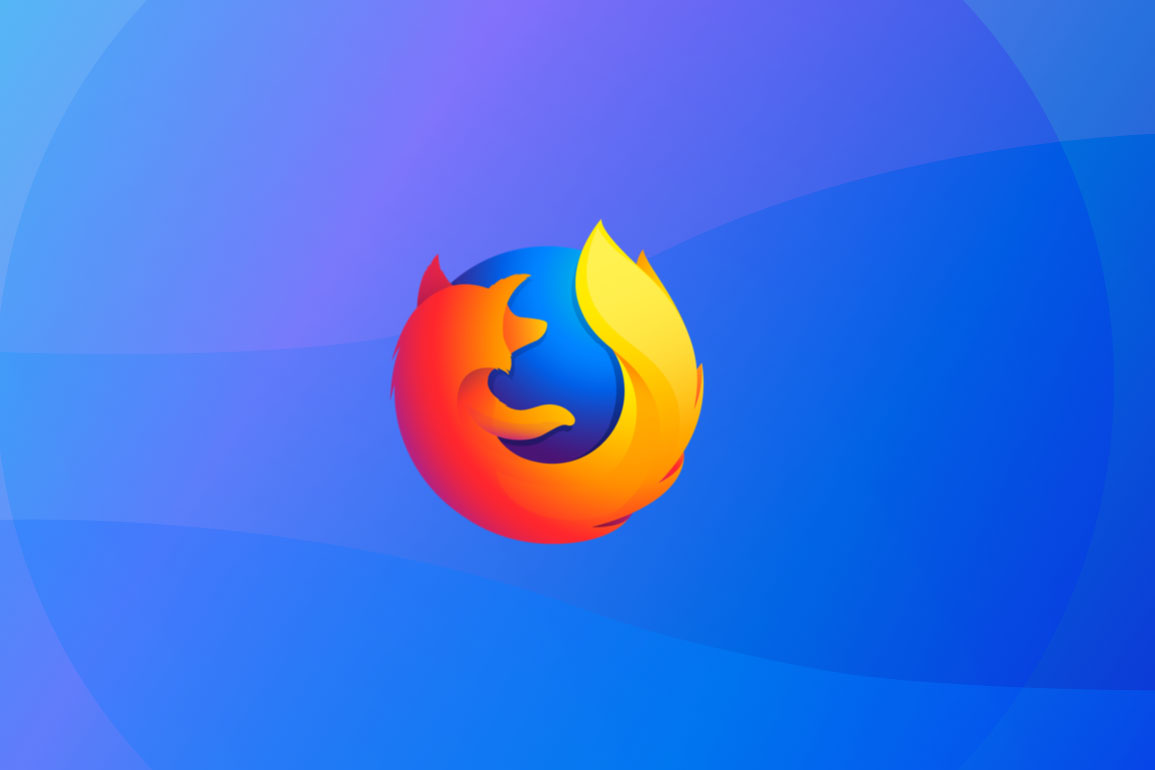
Browsing the web without an ad blocker can be a horrendous experience, from ugly and crude advertisements to annoying pop-ups to loud autoplaying videos. But most sites, including this one, rely on income from advertising to stay afloat and keep producing content. What’s a civic-minded netizen to do?
Mozilla might have the answer. Last month, the company revealed it would offer a paid version of its popular Firefox browser, and now a page on its website confirms more details. It will be charging $4.99 per month for ad-free access to some unnamed journalism websites, with the slogan: “Support the sites you love, avoid the ads you hate.”
“We’ve partnered with some of the world’s greatest publishers to bring you a better journalism experience,” the webpage reads. “We share your payment directly with the sites you read. They make more money which means they can bring you great content without needing to distract you with ads just to keep the lights on.”
Other features will be included in the premium price as well, like audio versions of articles (good for when you’re walking), bookmarks which sync across all of your devices, recommended reading picks, and a content discovery app. Most of these are features you can already add to Firefox for free using add-ons, but they could be useful for users who don’t trust third party developers or who don’t want to hunt for add-ons.
The page also describes a reading sync system, where Firefox will pick up articles where you left off even if you change devices. This is another feature that’s already available on reading apps like Pocket, but it’s nice to have it built in to a browser.
Finally, the site confirms the ad-free experience will be available on both desktop and mobile browsers, which is a relief. It isn’t explicit about how the pay structure works, but it seems as if you pay a single monthly fee for ad-free browsing on all of your devices, which will make it an easier sell to power users who have multiple devices and who are presumably the target audience.
The service isn’t available yet, but there is a survey where you can sign up to be notified when the beta launches.



